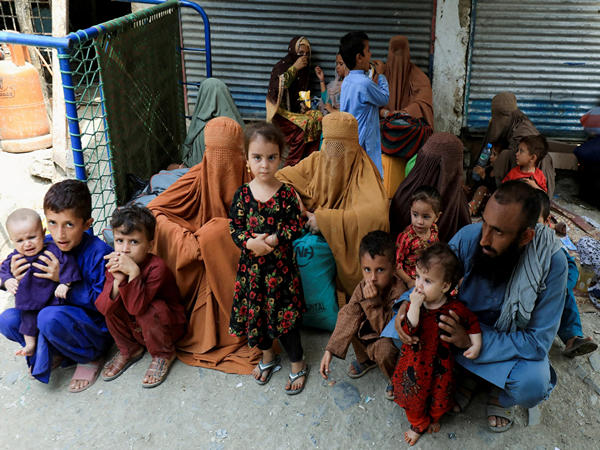Iran has begun mass deportations of Afghan refugees and migrants after a government-imposed deadline expired on 6 July, forcing hundreds of thousands to leave or risk arrest, according to a report by Al Jazeera.
The crackdown follows a decision earlier this year by Iranian authorities to give Afghans without legal residency until early July to exit the country voluntarily. The move affects many who fled Afghanistan following the Taliban’s return to power in 2021 after the withdrawal of US and NATO forces.
With over 4 million Afghans currently residing in Iran, many of them long-term residents, humanitarian groups have expressed alarm. They warn that the deportations risk plunging already-impoverished Afghanistan into deeper instability.
The expulsions have intensified amid growing regional tensions and security concerns. In June, during a 12-day conflict with Israel, the United States launched airstrikes on Iranian nuclear sites in an operation dubbed “Midnight Hammer”. Since then, Iran has significantly escalated its deportation efforts.
According to the United Nations’ International Organisation for Migration (IOM), over 700,000 Afghans have left Iran this year, with more than 230,000 departing in June alone. Al Jazeera reports that by late June, more than half of the 1.2 million Afghans who returned to Afghanistan in 2025 had come from Iran.
The scale of the deportations has surged sharply. Citing figures from the United Nations High Commissioner for Refugees (UNHCR), Al Jazeera said that Iranian authorities were returning more than 30,000 Afghans per day at the height of the recent conflict, up from a previous average of 2,000.
Iran officials maintain policy a matter of national security
Despite criticism, officials maintain the policy is a matter of national security.
“We have always striven to be good hosts, but national security is a priority, and naturally, illegal nationals must return,” said government spokesperson Fatemeh Mohajerani on Tuesday, as quoted by Al Jazeera.
Scenes at the Iran-Afghanistan border have reportedly become chaotic and overwhelming. UNHCR official Arafat Jamal described the arrival of disoriented and desperate families, many of whom were forcibly returned.
“They are coming in buses, and sometimes, five buses arrive at one time with families and others, and the people are let out of the bus, and they are simply bewildered, disoriented, and tired and hungry as well,” Jamal said.
Although some returns have been voluntary, UN agencies emphasise that many are being deported against their will. Aid workers fear the sudden influx will further strain Afghanistan’s already fragile infrastructure, and have called for urgent international support to address the looming crisis.
With hundreds of thousands still at risk, rights organisations and humanitarian bodies are urging Iran to halt the deportations and reassess its approach in line with international refugee protections.



